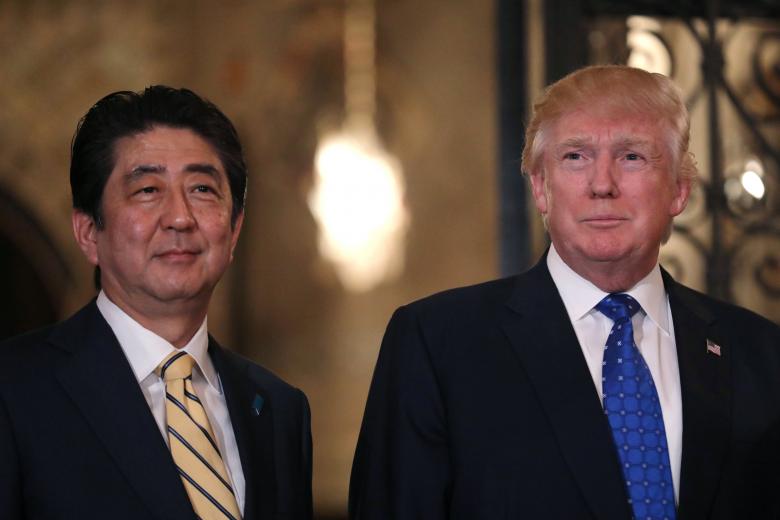Beijing’s top city official used to be a social media star – China’s latest political and current affairs news
A summary of the top news in Chinese politics and current affairs for July 14, 2017. Part of the daily The China Project newsletter, a convenient package of China’s business, political, and cultural news delivered to your inbox for free. Subscribe here.

- Cai has rocketed up the Communist Party’s ranks faster than any other politician in recent memory. He was selected to serve as acting mayor of Beijing in October 2016, was officially named mayor in January 2017, and reached his current post in May — an eight-month ascension that the Economist notes was so fast, it essentially “broke the sound barrier” in Chinese politics.
- Before that, Cai was handpicked by President Xi Jinping in 2014 to “work in the National Security Commission (NSC)—a body newly established, and led, by the president.”
- But Cai’s past appears at odds with Xi’s current agenda. In the four years leading up to his joining the NSC, Cai posted on the social media platform Weibo an average of six times a day. His previous willingness to use social media to engage with citizens and even, on one occasion in 2011, “bemoan…the fact that Chinese censors block access to Facebook” make him appear “far outside the cautious limits of party-speak.”
- He even compiled his social media posts into a book called A Room Made of Glass, a title he chose “because social media promote transparency and public supervision.”
Why would Xi, who has displayed illiberal tendencies for nearly his entire presidency, promote an official with such notably liberal ideas? The Economist says that Cai’s promotion suggests Xi is “keen on someone who might be able to win the support of Beijing’s residents,” an educated bunch who “complain endlessly about the city’s faults, from its foul air to the high cost of housing.”
What this really may come down to, however — and the Economist piece mentioned but did not emphasize this point — is loyalty.
As The China Project has previously reported, Cai is one of a handful of politicians considered part of the New Zhijiang Army (之江新军 zhījiāng xīnjūn, a play on the word Zhejiang), people who loyally served under Xi’s leadership when he was the top official in Zhejiang Province from 2002 to 2007. So don’t be surprised if at the 19th Party Congress this fall, Cai is elevated to the powerful 25-member Politburo and begins to participate in a variety of national-level policy initiatives. The Economist says that this next step would be “just as remarkable” as his ascension from mid-level politics to the top of Beijing’s bureaucracy.
-
Liu Xiaobo and Liu Xia
After Liu Xiaobo’s death, Chinese democracy dream fights for survival / WSJ (paywall)
Chinese citizens evade internet censors to remember Liu Xiaobo / NYT (paywall)
Why China’s government is blocking the candle emoji / Tech in Asia
Liu Xiaobo’s dying words for his wife / NYT (paywall)
Liu Xiaobo, 1955-2017 / ChinaFile
Silence amplifies friends’ fears about the fate of Nobel laureate’s widow Liu Xia / SCMP -
South China Sea
Asserting sovereignty, Indonesia renames part of South China Sea / Reuters
“Indonesia renamed the northern reaches of its exclusive economic zone in the South China Sea as the North Natuna Sea on Friday, the latest act of resistance by Southeast Asian nations to China’s territorial ambitions in the maritime region.” -
Hong Kong
Hong Kong court ousts four lawmakers, in victory for China / Bloomberg
“The cases were part of a push by former leader Leung Chun-ying to purge as many as 10 ‘pro-democracy’ legislators from the 70-seat Legislative Council.” -
India-Pakistan-China relations
India rejects China’s mediation offer on Kashmir / Al Jazeera -
U.S.-China relations
Breaking with norm, Trump calls on Chinese journalist instead of American / CNN
‘Troubling developments’ could derail Sino-U.S. relations, China’s U.S. ambassador warns / SCMP -
Tibet
China cautions Botswana over Dalai Lama visit / Reuters






